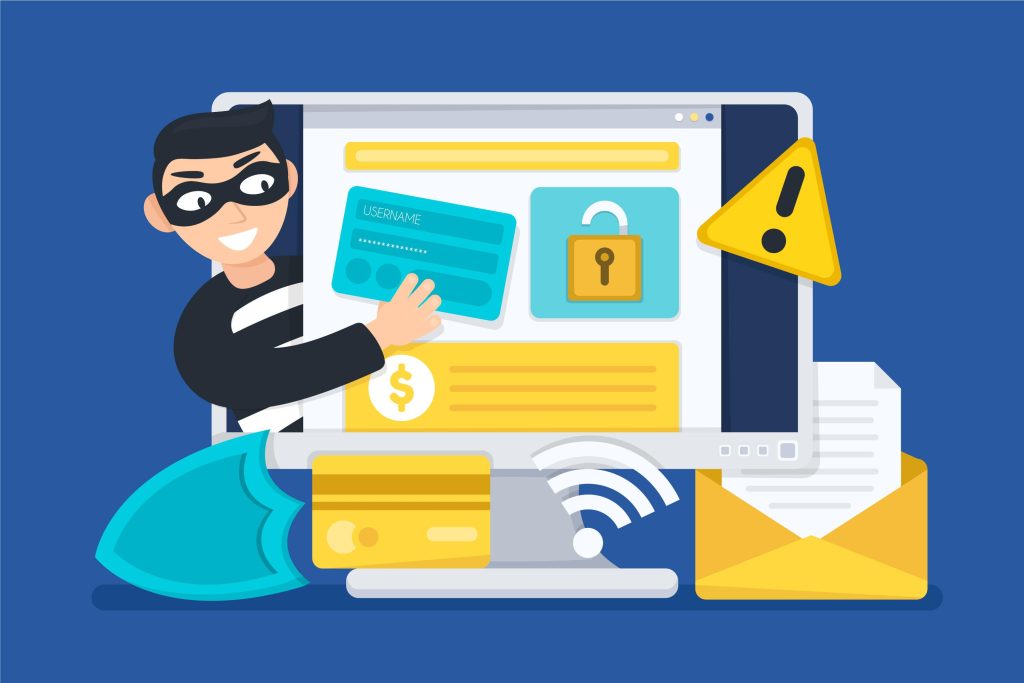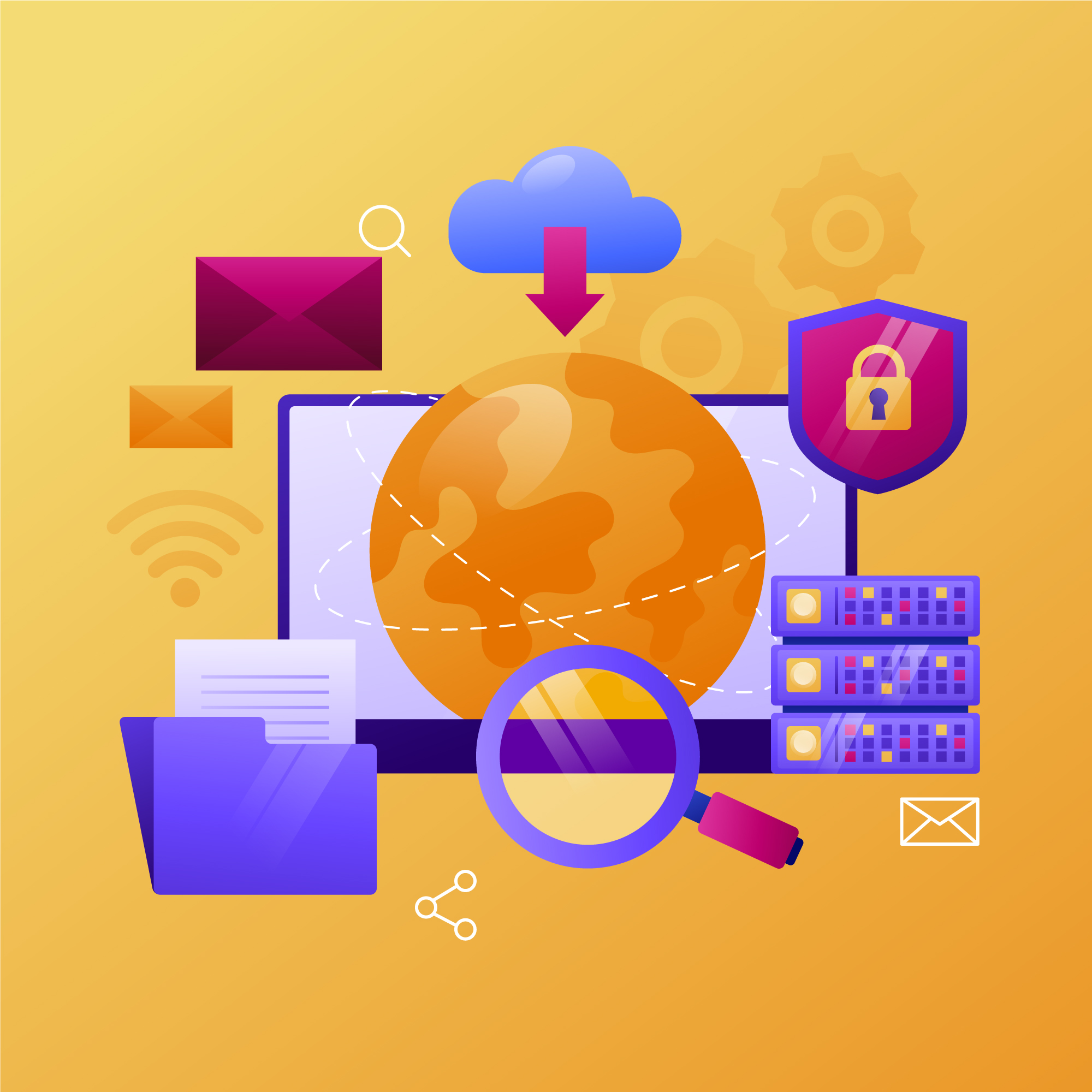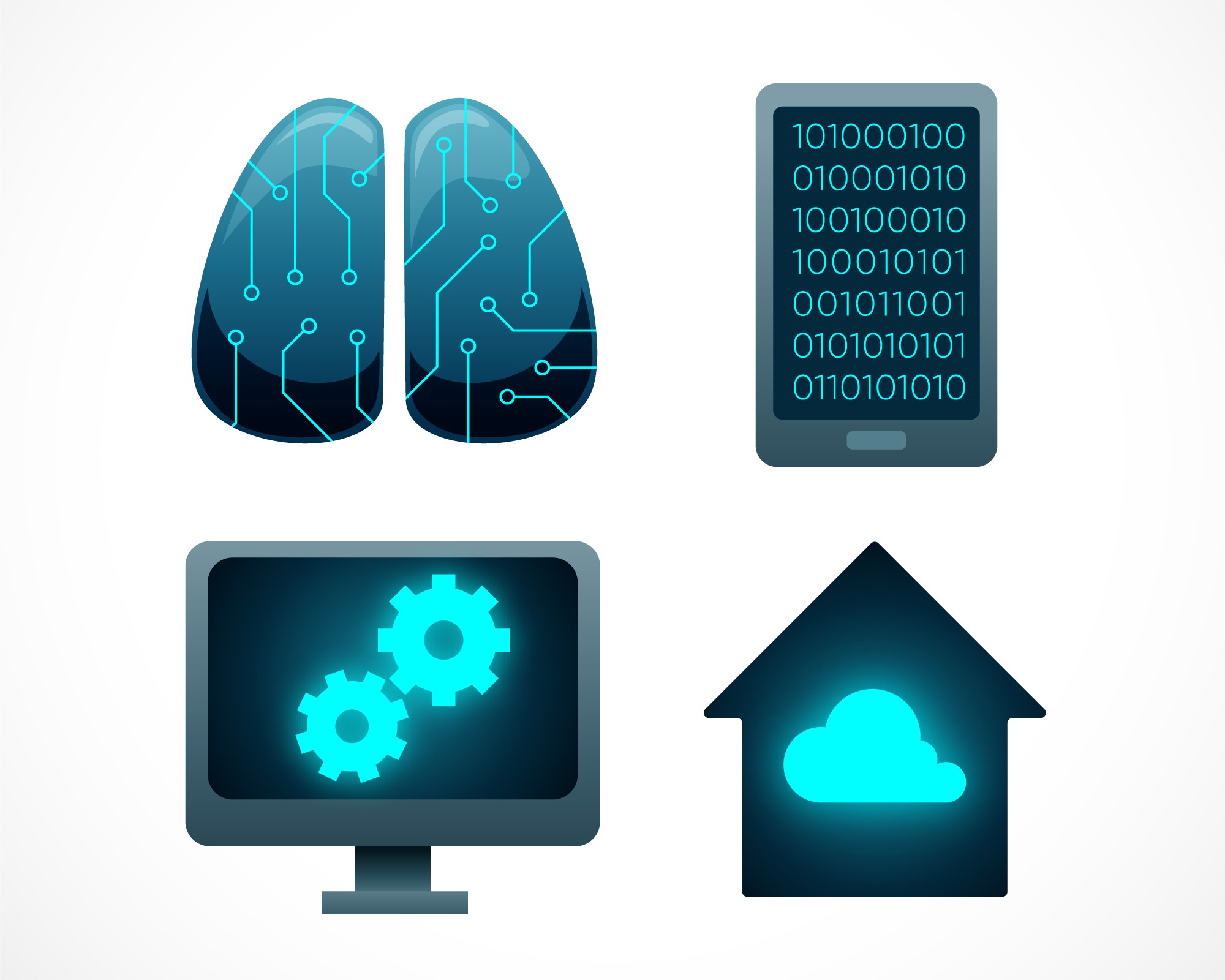
The Internet was conceived as a free environment for peer-to-peer communication. Many people have taken this freedom literally – so the main concerns of users are the security of personal data on the Web and the protection of online reputation.
Hackers, trolls and competitors affect both businesses and website visitors. According to recent research, more than 80 per cent of users are seriously concerned about protecting sensitive information. At the same time, the number of cyberattacks increases by 15-20% annually, and the methods of attackers are becoming more sophisticated.
In this article we will look at the principles and methods of data security and find out what role mobile proxies play in it.
What is data security
It is a set of methods and practices aimed at protecting information on the Internet from unwanted access, theft or damage. The main goals are to ensure the confidentiality, integrity and availability of information.
Basic Principles and Controls of Data Security
Information security rests on three ‘pillars’ – availability, integrity and confidentiality.
Accessibility
It implies that information must be made available to authorised users on request. This requires the implementation of reliable backup and recovery strategies – this is usually ‘on the shoulders’ of system administrators.
Integrity
Ensures data accuracy and consistency. This is achieved through validation methods, checksums and regular auditing.
Confidentiality
Achieved through encryption, strict access control and strong user authentication. These measures prevent leakage and protect against unauthorised access.
Tips for ensuring security and privacy in networks
How to protect personal data on the Internet is a complex, multifactorial task for experts. Our tips will help you start taking care of your information security and online reputation today.
Methods for ensuring data security
Experts recommend:
- regularly update software and use reliable anti-virus solutions;
- implement information leakage prevention – 2-factor authentication, activity monitoring and access control.
It is also important to train employees on cyber security and create security policies to minimise the risks that are associated with human error.
How to protect yourself from cybercriminals
Follow the advice of cyber security and cyber hygiene experts – they know how to keep yourself safe from online scammers:
Use passwords with a combination of letters, numbers and symbols. Do not use the same combination for different sites and platforms. Periodically change passwords to new ones.
Do not click on suspicious links or open attachments from unverified sources. Scammers often use phishing emails to lure you to fake websites or infect your device with malware.
Verify the authenticity of web resources. Make sure that you have an SSL certificate (lock icon next to the address bar) and that the URL is correct.
Be vigilant on social media. Do not accept friend requests from strangers or share personal information publicly. Scammers create fake profiles to gain your trust and steal sensitive data.
In 80 out of 100 cases, the answer to the question of how to protect personal data on the Internet is caution and common sense. Most of the information people post on social networks themselves. It is not difficult to gather information about a person or a company – it requires OSINT analysis skills. Criminals plan their actions carefully – they gather information about the victim at once and only then commit the crime. It is worth sharing personal information only with someone you trust. If you don’t follow this rule, then don’t wonder why your flat was burgled – you yourself wrote in social networks that you left the country.
How to protect yourself online from surveillance – use mobile proxies from LTESocks and get access to a pool of mobile IP addresses. Automatic IP rotation will ensure anonymity and connection speed. LTESocks.io offers flexible mobile proxy rates – there is a solution for both private users and businesses.
In parallel with the proxy, we recommend using OpenVPN for PC, a freely distributed software for traffic encryption and risk-free access to resources. OpenVPN creates a secure connection that prevents information leakage and interception.
To check the performance and quality of the proxy, use the built-in proxy checker. The system monitors server performance, checks connection speed and verifies IP geographical location. This guarantees protection against data leaks and ensures the operation of services.

A comprehensive approach to reputation protection
Having learnt how to protect data on the Internet, let’s move on to the equally important issue of monitoring and preserving reputation.
The foundation of its protection is the continuous monitoring of the information space. This includes automated tracking of brand mentions on platforms: social networks, news resources, blogs, forums and reviews. Attention should be paid to analysing the tone of publications – modern tools allow automatic classification of content as positive, negative or neutral, which helps to quickly identify reputational risks.
The second component is responding to negative mentions. The speed of response is critical here: according to research, a response within the first hour of a negative review increases the probability of successful resolution of the situation by 70%. Professional work with reviews includes:
- analysing the substance of the claim;
- verifying the accuracy of the information;
- preparing a reasoned response;
- proposing a concrete solution to the problem;
- subsequent monitoring of customer satisfaction.
In parallel with working on the negative, it is necessary to build a positive information field. This is achieved by creating quality content that reflects the brand’s strengths, values and achievements. It is important to ensure regularity of publications and their presence on relevant sites.
The use of mobile proxies is becoming an indispensable tool in reputation management. They provide:
- anonymous monitoring of mentions;
- secure account management for content placement;
- working with regional segments of the Internet;
- protection against blocking in case of mass data collection;
- rapid response to threats without disclosing brand communications.
In cases of serious reputational attacks, legal defence mechanisms may be required. These include: preparing formal rebuttals, working with regulators and, if necessary, taking legal action. Legal defence should be part of a comprehensive strategy and not the only response.
Regular evaluation of the measures taken allows for timely adjustments to the reputation protection strategy. Analysis of metrics – the ratio of positive to negative mentions, the speed of reaction to negativity, and the effectiveness of communication channels – helps optimise reputation protection efforts and ensures a sustainable positive brand presence in the digital space.
Conclusion
How to protect information on the Internet, and at the same time your reputation, is a concern for businesses of any form and type of ownership. You need a comprehensive approach – use modern technologies such as mobile proxies, IP address rotation and OpenVPN. Combine this with a sound reputation management strategy and staff training.
Remember, it’s easier and cheaper to invest in data breach prevention systems than it is to deal with security incidents later. Don’t skimp – it’s about the future of your business or personal brand.






